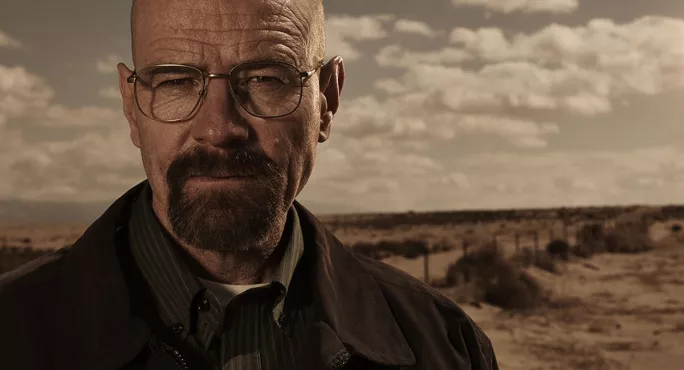
- Home
- ‘How Breaking Bad and CSI are making science sexy’
‘How Breaking Bad and CSI are making science sexy’

In the past year, the number of students taking science courses at my college has quadrupled. In 2017, our 16 to 18 enrolment saw 16 students taking science, but this year we have 65.
So why are students feeling more “chemistry” towards the sciences? There are a number of reasons. In my classes, for example, I try to focus on the real-life context in lessons and see how science is used to assist police and criminal investigations.
I also look at the chemical changes food goes through when cooked and consider biological practices in hair and beauty. At the start of this year, we even got students to make a cup of tea. Within that, we started to introduce measurements and laboratory techniques.
Showing science is relevant
You have to be flexible. I am teaching the same content to three groups, so within that you have to consider abilities, the social mix, the number of students in the room, the way they understand things.
Every lesson has to be slightly different – but you still need to get the same result at the end of the session. I also think that you need to get students attention so sometimes you have to be different. You only have to look at social media and advertising these days and it is all flashy and gimmicky.
I am not saying that is right, however, as educators. We have to take advantage of everything around us to show how science is relevant.
I think part of the fascination to study science is because of TV shows that have made the subject seem more interesting. Cult TV show Breaking Bad did for chemistry what Gareth Southgate did for waistcoats during this summer’s World Cup in Russia.
'Recognise the impact of popular culture'
One of the best moments for me each year for is the first lesson the students put on their crime scene suits. It always creates great excitement, phones come out and everyone is selfie and Snapchat-mad. The trick is to ensure the excitement is captured and channelled, and we would be foolish not to recognise the impact of popular culture.
We call it the CSI effect. TV shows like this have made forensic science appealing to all. Ultimately, students who are signing up to the course may have read books or seen the TV shows and if there is an interest then that is a great starting point.
The truth of it is that you cannot solve a crime in 45 minutes or get a DNA profile in 30 seconds – so you teach the reality.
Whilst courses have been marketed by referencing crime shows, we have definitely seen a benefit from by going out to schools – and getting more students to come in, see our facilities and get a real flavour for what we teach.
Be proactive
We had one group of students we visited and we went back to see them a couple of months later. They remembered us and had kept some of the materials from activities that we did with them – in this case, fingerprint collection. You have to be proactive.
In terms of our programme, students look at the traditional scientific elements such as biology, chemistry and physics, which they already study, and then how they can be combined with relatively new topics to them such as criminology, law, and psychology.
Alongside this, to aid in skills development and as enrichment to the curriculum, we will be entering students into the WorldSkills UK forensic science competition and also visiting courts and taking part in assessed courtroom exercises.
Think recruitment
There are many things to consider when you are putting together a plan for the year and part of that is recruitment. A recent report that was issued by the Education Policy Institute (EPI) discussed the problems that are being faced in recruiting high-quality teaching staff – particularly in the fields of maths and science.
They even suggested that maths and science teachers should receive higher salaries than those teaching other subjects.
I do think the profession needs to try to entice people with industry experience to join in a teaching capacity. You can often find great scientists or strong science teachers – but finding a combination of the two is a rare thing indeed.
In terms of paying science teachers more money, if you have a strong position in the industry – and you are established – you would most likely take a pay drop to come into teaching. However, you need to look at more than just an increase in salary.
More resources are needed
More funding for the courses and resources would help.
An increase in pay would be a good step – and I certainly would not complain – but it is also about having more resources for students.
We have recently got funding for a crime scene area at the college where we carry out practical work. The students get to live out their future career dreams whilst learning and having fun. If you can create that scenario as a teacher, you have pretty much hit the jackpot.
Harry John Smy teaches science at Suffolk New College, and is also the curriculum coordinator for health, care, science, sport and foundation learning
Register with Tes and you can read five free articles every month, plus you'll have access to our range of award-winning newsletters.
Keep reading for just £4.90 per month
You've reached your limit of free articles this month. Subscribe for £4.90 per month for three months and get:
- Unlimited access to all Tes magazine content
- Exclusive subscriber-only stories
- Award-winning email newsletters
You've reached your limit of free articles this month. Subscribe for £4.90 per month for three months and get:
- Unlimited access to all Tes magazine content
- Exclusive subscriber-only stories
- Award-winning email newsletters